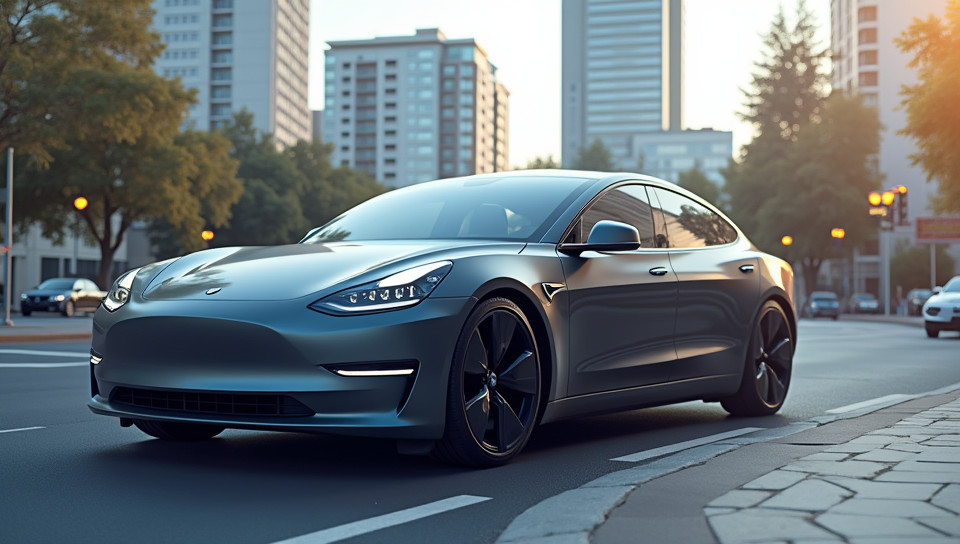High costs associated with purchasing an electric vehicle 33%

The Hidden Costs of Electric Vehicles: A Reality Check
As the world shifts towards sustainable and eco-friendly transportation, electric vehicles (EVs) have become increasingly popular. However, despite their environmental benefits, EVs come with a hefty price tag that may deter potential buyers. From higher purchase prices to expensive battery replacements, there are several costs associated with owning an electric vehicle that are often overlooked.
Understanding the High Costs of Electric Vehicles
One of the primary reasons why EVs are more expensive than their gasoline-powered counterparts is due to the high cost of batteries. The cost of lithium-ion batteries, which are used in most EVs, has been declining over the years, but they still remain a significant expense. In fact, according to a study by Bloomberg New Energy Finance (BNEF), the average cost of an EV battery pack was around $137 per kilowatt-hour in 2020.
- Higher purchase prices
- Expensive battery replacements
- Charging infrastructure costs
- Limited model options
The Impact of Battery Costs on EV Ownership
The high cost of batteries has a direct impact on EV ownership. Not only do buyers need to pay a premium for the vehicle itself, but they also need to consider the cost of replacing the battery pack every 8-10 years or so. This can add up quickly, with some estimates suggesting that the total cost of battery replacement over the life of the vehicle can be as high as $15,000.
Other Hidden Costs of EV Ownership
While the cost of batteries is a significant concern, it's not the only expense associated with owning an electric vehicle. Charging infrastructure costs, for example, can add up quickly, especially if you need to install a charging station in your home or workplace. Additionally, limited model options and higher maintenance costs can also be a challenge for EV owners.
Conclusion
While electric vehicles offer many benefits, including reduced emissions and lower operating costs, their high upfront costs and expensive battery replacements make them inaccessible to many potential buyers. To make EVs more affordable and appealing, manufacturers need to focus on reducing production costs and improving the efficiency of their batteries. Until then, buyers should carefully consider the total cost of ownership before making a decision.
In conclusion, while electric vehicles have the potential to transform the transportation sector, their high costs associated with purchasing and maintaining them cannot be ignored. As we move towards a more sustainable future, it's essential that we prioritize affordability and accessibility in EV design and development.
- Created by: June Castro
- Created at: Aug. 15, 2024, 12:56 a.m.
- ID: 7242





